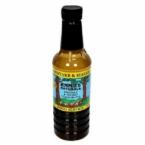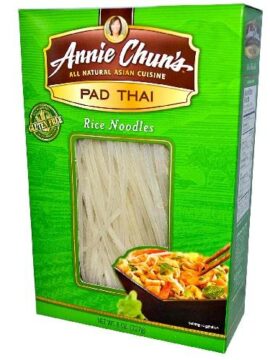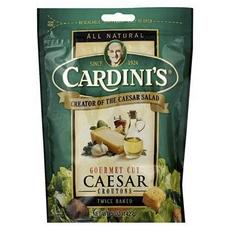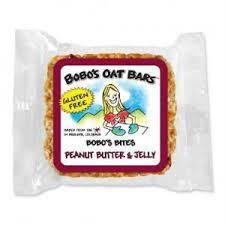An organic product is made from materials produced by organic agriculture. Most well known organic products are organic food items, however clothing and personal care items can also be made with organic agriculture.
Many countries have strict consumer safety regulations to protect consumers from consuming harmful products. These agencies often certify cultivated products as organic. The United States uses USDA certification through the National Organic Program to define products as organic. According to USDA, in order for a product to be considered organic, several standards must be met. The National List of Allowed and Prohibited Substances details synthetic and non-synthetic substances that can be used in the process of producing organic products. Operations involving these organic products must be “protecting natural resources, conserving biodiversity, and using only approved substances.”[
Types of organic products
- Organic food products
- Organic clothing products
- Organic personal care products
Organic food products
Organic food products are grown under a system of agriculture without the use of harmful chemical fertilizers and pesticides with an environmentally and socially responsible approach. This is a method of farming that works at grass root level preserving the reproductive and regenerative capacity of the soil, good plant nutrition, and sound soil management, produces nutritious food rich in vitality which has resistance to diseases. In this method growing plants take time to grow naturally and always good for health. Most of the country has its own organic products cultivation regulation monitor organic products. USA use USDA certification, India uses India Organic certification NPOP (National Program for Organic Production).
There are many benefits involving organic food products. Organic foods contain fewer pesticides. This means that things such as insecticide that is used in most agricultural practices are eliminated. People are concerned with these chemicals that are used to preserve foods are then being consumed by the people who purchase them. Farming without pesticides is also better for the environment. Fewer chemicals are being placed on the ground, entering the soil and water supply. Organic meats can also contain a lot more nutrients. Nutrients like omega-3 fatty acids were up to 50 percent higher in organic meats and milk than in conventionally raised products.
One of the main reasons that deter people from organic products is costs. In 2015, on average, organic products were 47 percent more expensive. Organic products can vary a lot in price. According to a study performed by consumerreports.org, organic products compared to non-organic products ranged anywhere from 13 percent cheaper to 303 percent more expensive. The reason why organic products cost so much more on average is the production process. Many factors contribute to this cost. First, the demand for an organic product is larger than the number of organic products available. Without synthetic pesticides, quantities of foods will be smaller. This smaller production of organic food means an increased cost. Also, the amount of labour per unit of food is larger compared to the mass production of non-organic products.











